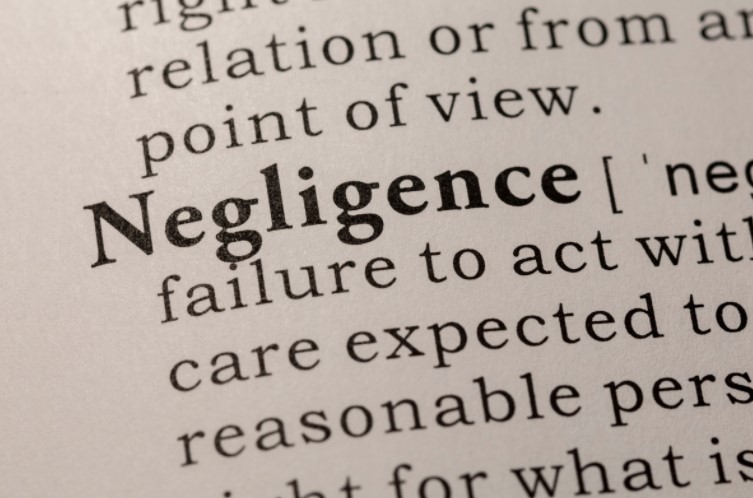
Employers have a responsibility to ensure the people they hire are qualified for the position they obtain and the duties for which they are responsible. When an employer fails to properly screen and train their employees, they may be held liable if an employee injures someone else while on the job. In the same vein, if an employer knowingly keeps an employee that has behaved in a potentially dangerous way, they could also be held liable for negligent retention.
In Georgia, the law requires that an injured party must prove that an employer knew or should have known that an employee under their supervision was incapable of performing their job safely. Certain industries see more instances of negligent hiring and retention than others.
An experienced injury and accident attorney can help you understand the law in regards to negligent hiring and negligent retention if you have been injured in an accident at a business or other commercial establishment. Ali Awad has experience fighting for injured people and is not afraid to take insurance companies or other attorneys representing the big business to court.
Ali Awad, the CEO Lawyer, can be found in the courtroom and the mediation room fighting for clients, but he can also be found on Instagram. With over 1 million followers, he’s one of the first attorneys to bring simple, no-nonsense legal advice to the people. If you think you might have a case, call (470) 323-8779 for a no-obligation consultation of your case.
What is Negligence?
In terms of employment law, negligence refers to damages or injury caused by an employee in which the employer is held responsible. Certain elements must be proven in order to establish negligence. It must be demonstrated that the employer owed a standard duty of care and that duty was breached. It must also be shown that an injury resulted due to their breach of care and that the injury was reasonably foreseeable.
Negligent Hiring
Employers have a responsibility to their employees, customers, and the general public to conduct hiring procedures that protect others from foreseeably harmful acts committed by their employees. They have a duty to exercise reasonable care when hiring employees to make sure that these individuals do not pose a threat to the public.
Employers should conduct adequate pre-employment screenings in order to ensure they are hiring a safe and capable person to perform the duties outlined in their job description. These screenings include background checks, reference checks, post-employment verifications, credit checks, and criminal record checks. The type of screenings that should be conducted varies from job to job. For example, it is not necessary to run a criminal background check on a server in a restaurant, but it would be necessary to screen an employee in this way if they are applying to work in a childcare center or nursing home.
Negligent Retention
Negligent retention refers to when an employer becomes aware, or should have become aware, of an employee’s potential to harm someone due to unsuitability for the position for which they are hired. If an employer is aware of their employee’s lack of suitability for the job they perform, the employer becomes liable in the event that the employee harms a co-worker, customer, or the general public.
Employers have an obligation to take the appropriate measures to retrain, reassign, discipline, or discharge an employee after they have become aware of problems or previous negligent actions. If they do not, the employer becomes liable for injuries, damages, and pain and suffering under the legal concept of respondeat superior, or vicarious liability. However, in Georgia, in many negligence cases, the employer and employee share responsibilities for damages.
How to Avoid Negligent Hiring Claims
Employers should institute rigorous hiring procedures in order to protect their employees and the public. There are a few important procedures that can be put into place to help ensure you are hiring the right person for the job:
- Increase the scope of pre-employment screening if you are working in an industry with a greater risk of harm to employees or the public
- Always verify work history and attempt to retain references from previous employers.
- Consider criminal background checks and drug screenings for jobs with a greater risk of harm to employees or the public
- Keep records of all pre-employment screenings
When You Should Call the CEO Lawyer
Followed by millions on social media, attorney Ali Awad knows how to bring legal power to the people, and he knows the factors to focus on to get results. Few people have the legal knowledge to aggressively pursue their own claim, but with the CEO Lawyer in their corner, they can go toe-to-toe with big insurance companies.
The injury and accident attorneys at the CEO Lawyer Personal Injury Law Firm boast a success rate of over 99.5% and you want a workers’ compensation attorney in Georgia with a track record of winning representing you in a negligence case. Our injury and accident attorneys work on a contingency basis, which means he doesn’t get paid unless you get paid. Call now at (470) 323-8779 for a no-obligation consultation of the facts of your case.



